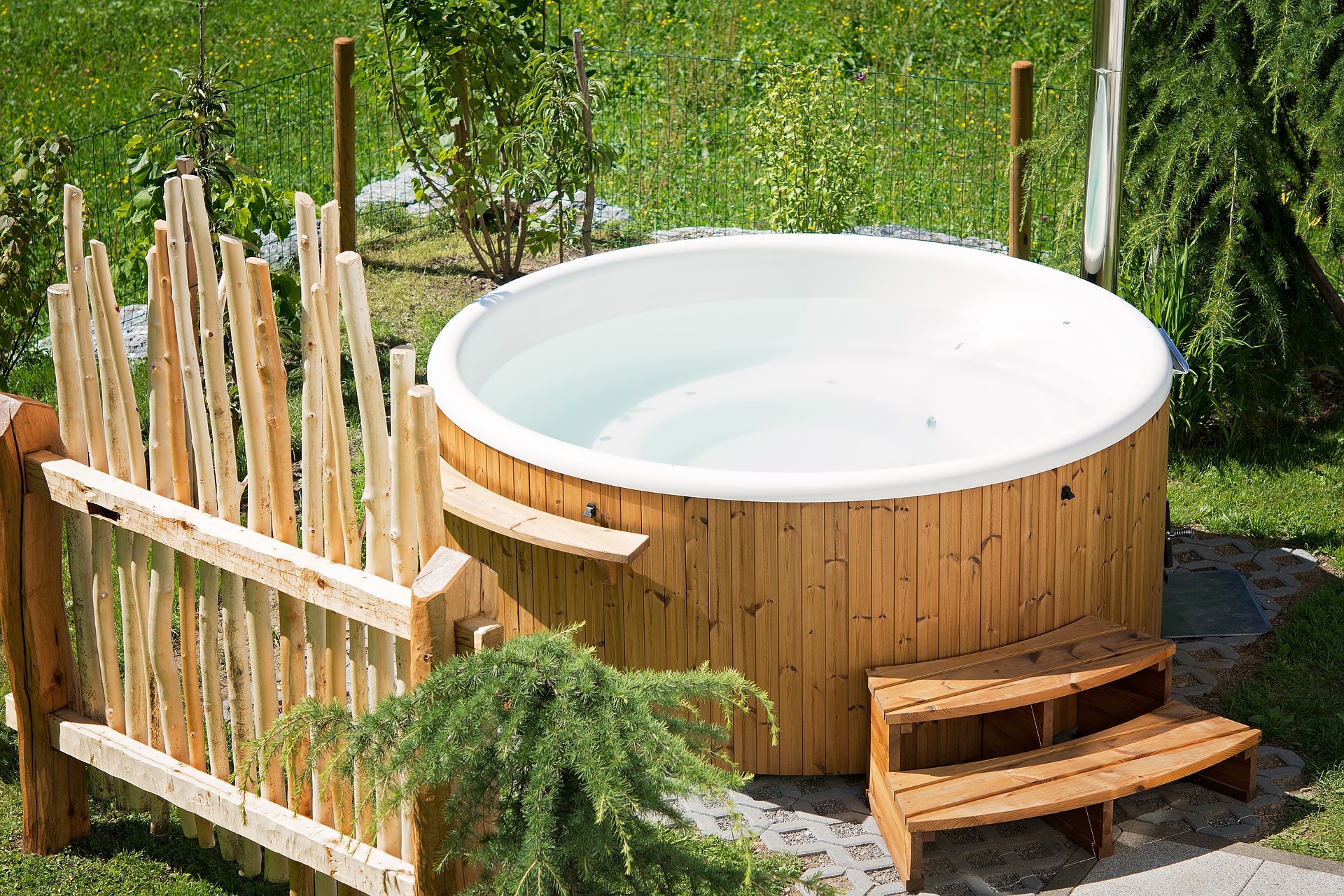How to Choose the Right Hot Tub: Spa, Jacuzzi, Inflatable, Wooden
A hot tub can transform an outdoor or indoor space into a relaxing retreat, whether you want hydrotherapy after a long day, social time with friends, or a quiet place to unwind. Choosing the right unit means balancing size, installation, maintenance, and budget to match your lifestyle and space requirements.
hot tub: what to consider before buying
When shopping for a hot tub, begin with practical questions: how many people will typically use it, where will it be placed, and what electrical or foundation work is required? Consider energy efficiency ratings, insulation quality, and the type of controls and filtration systems. A model with variable-temperature controls and efficient heating will cost more initially but can save on operating costs over time.
Think about ongoing maintenance too — water chemistry, filter replacements, and seasonal winterization if you live in a colder climate. Accessories such as steps, covers, or a shelter affect comfort and longevity. Finally, examine warranty details and local service availability to make sure repairs and parts are accessible in your area.
spa: benefits and common features
A spa typically refers to a hot tub designed for sustained use and therapeutic benefit, often with targeted jets and ergonomic seating. Spas can help ease muscle tension, encourage circulation, and offer stress relief through warm water immersion and massage jets. Features to look for include adjustable jets, ozone or UV sanitation systems, and programmable clean cycles.
This article is for informational purposes only and should not be considered medical advice. Please consult a qualified healthcare professional for personalized guidance and treatment. If you have cardiovascular issues, skin conditions, or are pregnant, check with a medical professional before using a spa to understand any risks or necessary precautions.
jacuzzi: is it different from a hot tub?
Jacuzzi is a brand name that has become synonymous with whirlpool tubs and many people use it interchangeably with “hot tub.” Historically, Jacuzzi pioneered hydrotherapy jet technology, but today many manufacturers produce comparable systems. When comparing a jacuzzi-branded unit to other hot tubs, evaluate the jet configuration, pump power, and build materials rather than relying solely on the badge.
Also consider warranty coverage and service networks tied to brand reputation. Some buyers prefer a well-known brand for perceived reliability and easier access to original parts, while others find equivalent performance in non-branded or lesser-known models that focus on value or specific feature sets.
inflatable hot tub: portability and practical trade-offs
Inflatable hot tubs are popular for renters, seasonal users, or buyers on a tighter budget because they require minimal installation and can be deflated and moved. They’re typically lighter, less expensive up front, and faster to set up than hard-shell models. Many inflatable options include integrated heaters, pumps, and air jets for a comfortable soak.
However, inflatable hot tubs have trade-offs: they offer less thermal efficiency, are more susceptible to punctures, and usually provide fewer powerful jets than rigid spas. If you anticipate frequent heavy use, colder climates, or want deep massage-style jets, a rigid hot tub may be a better long-term choice. For casual or temporary use, an inflatable hot tub is a flexible and economical option.
wooden hot tub: style, materials, and maintenance
A wooden hot tub offers a traditional aesthetic and natural insulation properties. Often made from cedar, redwood, or other durable timbers, wooden tubs can be crafted to fit bespoke spaces and provide a rustic charm that many homeowners appreciate. They can be heated via electric heaters, propane, or even wood-fired boilers for an authentic experience.
Wooden hot tubs require consistent maintenance to preserve the material: periodic sealing or oiling, monitoring for leaks, and careful sanitation practices. They may demand more hands-on upkeep than acrylic shells, but many owners value the look and feel enough to accept the extra care. Consider local climate, exposure to sun and rain, and the availability of maintenance services in your area when choosing a wooden hot tub.
Conclusion
Selecting the right hot tub means matching design, function, and maintenance expectations to your lifestyle and space. Whether you opt for a branded jacuzzi, a feature-rich spa, a convenient inflatable hot tub, or a stylish wooden hot tub, prioritize energy efficiency, water treatment systems, and reliable installation and service. Thoughtful planning helps you enjoy years of safe, restorative soaking.







